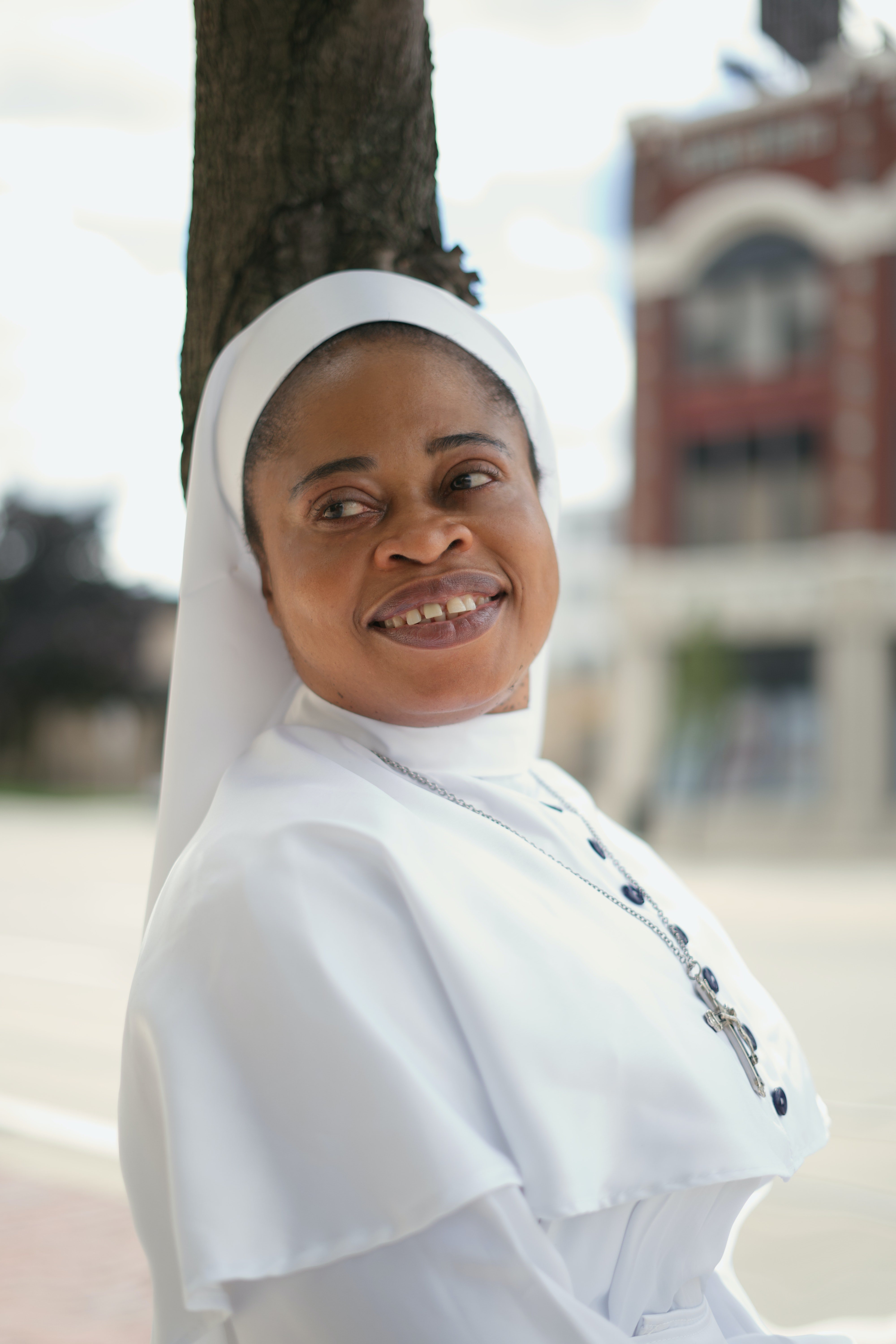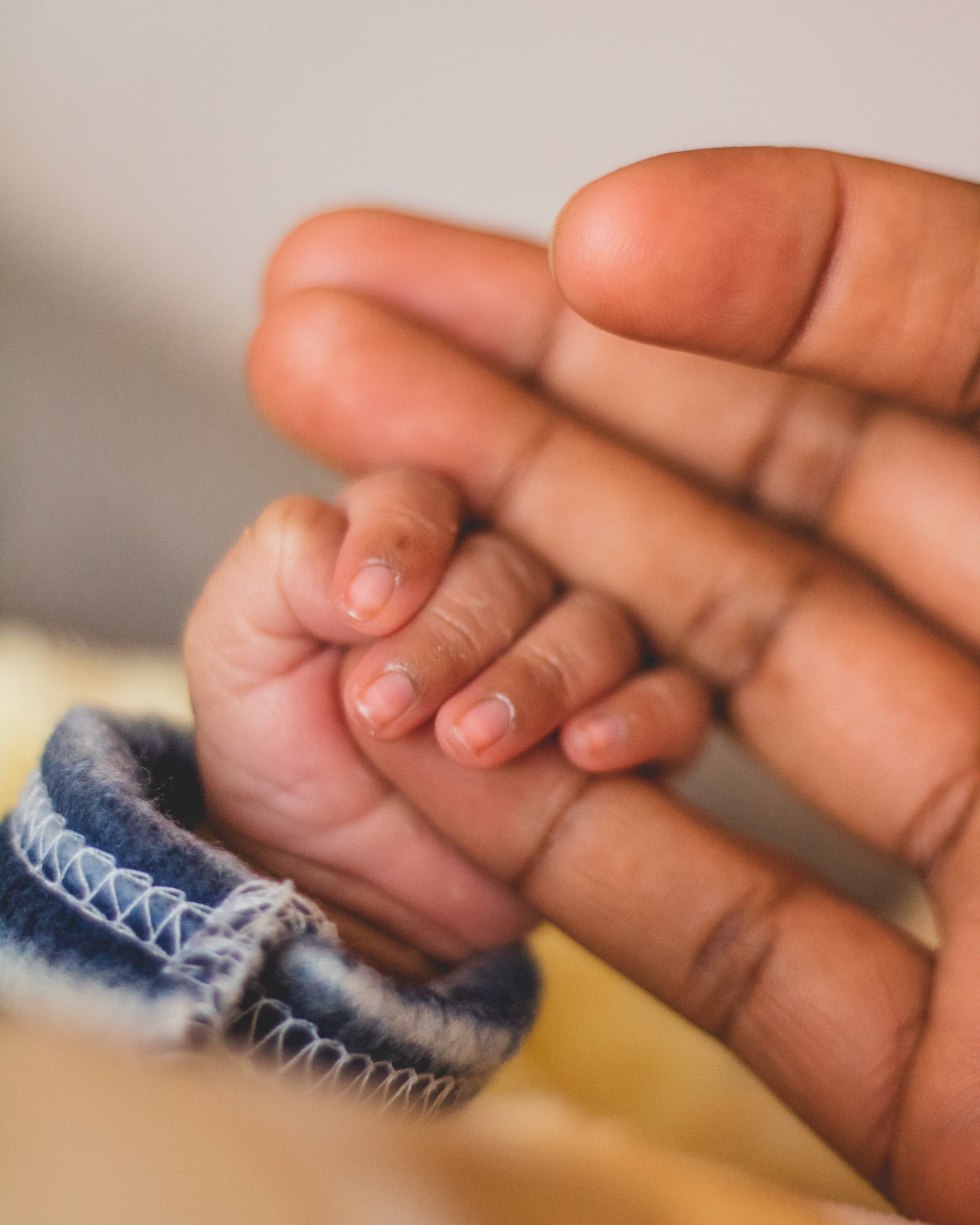A man abandoned by his parents as a young child in an orphanage finds them in a retirement home fifty-seven years later and has to make a life-changing decision.
Brendan Wallace’s first memories were of being hungry and frightened, of angry voices arguing about him. The hands which cared for him and should have been gentle were rough instead.
Brendan remembered climbing out of his little bed and toddling towards the sound of music and laughter, his diaper sodden and heavy. Then the laughter stopped. “For God’s sake, we need to get rid of that brat!” a woman’s voice cried. It was his mother.
Sometimes when his mother was sleepy and happy, she’d let Brandan cuddle up to her warmth, and then he’d feel safe and content. But mostly, the sight of Brendan irritated his parents.
It would be many years before an adult Brendan understood why little Brendan was so unhappy and unwanted. His parents were both wealthy, living off trust funds. When Brendan was born, they had been living in a commune.
Bitterness is a poison and forgiveness is the only antidote.
It was the sixties and the era of peace and love and flower-power was in full swing, but for Brendan’s parents, that didn’t mean a love of children. When Margaret Wallace discovered she was pregnant, she was horrified and angry.
Horrified because she had no intention of being a mother — ever! — and angry because it was much too late to prevent Brendan’s birth. Fortunately for Margaret and Brendan’s father, Rafe, the commune was full of motherly women who adored babies and took care of little Brendan.

Brendan wasn’t supposed to be Brendan — they wanted a suitably romantic name like Moonchild — but the man at the register took one look at Margaret’s bare feet and love beads and asked her father’s name.
“Brendan,” she’d replied. And the man registered Brendan as Brendan — a sensible and serviceable name. Margaret and Rafe lived in the commune until Brendan was nearly three, then they decided to move on.
They were thinking of following a new guru who was all the rage. The man, an Indian aesthete, had given a lecture in San Francisco and the couple had been delighted with his philosophy of living a meaningful life.
The guru ran an ashram in India and Margaret and Rafe immediately decided that was where they should be. But what to do with Brendan? They couldn’t possibly take him…

“We’ll leave him at an orphanage,” Margaret said. “Isn’t that where they take care of children?”
Rafe was less certain. “What about Oliver Twist? I wouldn’t want anything like that to happen to the kid.”
“Nonsense!” cried Margaret. “I’m sure it will be fine! And he won’t be poor, will he? He has his own trust fund from birth and he’ll be just fine as soon as he grows up. He’ll have everything he needs!”
So three days later, Margaret and Rafe walked into a convent-run orphanage on the outskirts of San Francisco and dumped three-year-old Brendan in the lobby. All they left with him was his birth certificate and the documents pertaining to his trust fund.

For Brendan, the nuns with their white headdresses like wings were like angels. They took him and bathed him and cared for the painful constant rash that had plagued him since birth and fed him.
For the first time, Brendan was surrounded by loving, caring, gentle people. In the orphanage he blossomed into an active, joyous little boy — but sometimes he’d fall into deep silences.
As he grew older, he understood more and more of his vague memories. He learned about his trust fund and the fortune it would offer him when he was older. He knew his parents hadn’t abandoned him out of poverty and desperation.
Most of the children in the orphanage WERE orphans, but a very few had been left there when their parents could no longer feed them, so they wouldn’t starve. But Brendan’s parents had been wealthy…

When Brendan turned 18, he left the orphanage and the kindly nuns and went to college. The trust fund had matured and there was plenty of money to pay for college, or even for Brendan to live on for the rest of his life without working.
But Brendan wanted to build bridges, like the bridge of San Francisco. He wanted to build bridges that soared and looked like they could reach heaven.
In college, he met Susan, a lovely artist, and the two fell in love. They married after graduation and had two children. When he held his children in his arms for the first time, Brendan felt such a surge of love that he couldn’t understand how his own parents could have ever left him.
His bitterness and anger towards them grew apace with his love for his children. “They never loved me the way I love Meg and Brian,” he told Susan. “They never loved me at all!”

Brendan was a grandfather when he finally had news of his ‘parents. The law firm that administered his trust fund contacted him and told him that his parents had finally run through their own trust funds.
“They’re indigent, Mr. Wallace,” the lawyer said. “We’ve paid out the last of the trust fund to the nursing home they are staying in, but in six months they will be homeless.”
“Why are you calling me?” asked Brendan coldly. The man hesitated. “Well…they are your parents,” he said. “We thought you should be informed…And perhaps some natural feeling…”
“They weren’t natural parents,” Brendan replied. “I have no feelings for them unless it’s a healthy disdain.”
But the lawyer’s call kept nagging at Brendan, tugging at his conscience. “I’m sixty years old and I owe then nothing!” he told Susan. “So why do I feel like this?”
“Because you’re a good man,” Susan told him gently. “And good men do the right thing…”
So two weeks later, Brendan and Susan drove down to the old age home where Margaret and Rafe now resided. The long-haired, lithe, and handsome flower children they had once been were long gone.
They were old and they didn’t age gracefully. When a carer had announced a visit from their son, the two had been stunned. Then Margaret got to her feet and moved towards Brendan, her arms open.

“Brendan, my baby!” she sobbed, but there were no tears in her small bright eyes.
Brendan evaded her embrace easily. “Hello mother,” he said. “I’m surprised you remember me, I certainly wouldn’t have recognized you at all.”
Rafe smiled, showing that most of his teeth were gone. “Now, my boy, let’s not dwell on the past…” he said. “We’re so happy to see you! Life hasn’t been easy…We are not who we used to be…”
“Please, my son,” Margaret whispered. “Don’t abandon us!”
“Abandon you?” asked Brendan. “You mean to do to you as you did to me?”

“We left you the money!” cried Rafe. “You weren’t poor, as we are now!”
“You didn’t leave me the money,” Brendan said calmly. “That trust fund was set up automatically by grandfather’s estate the moment I was born. You had nothing to do with it.
“But you know what? I won’t abandon you, not because you deserve better, but because I’m a better person than either of you. I know what love is, and compassion. I forgive you, even if you don’t deserve forgiveness, and I will help you. You can have the money!”
Rafe looked at Brendan with tears in his eyes. “We are so alone, my son, so alone…What can the money buy us now? More lonely days? Please…”
Brendan nodded. “So now you understand what I felt,” he said. “I was a child, and all I wanted was to be loved and cherished. Do you think that money was any consolation? Now you’re old, and you too want to be loved, to be with family.
“It’s OK, I’ll take you home with me, father, mother. You won’t die alone.”
Brendan took Margaret and Rafe home with him and hired a carer for them. Margaret loved talking to their grandchildren and great-grandchildren and telling them stories about their crazy days in the sixties and playing guitar with Bob Dylan at a campfire.
Rafe would sit next to Brendan whenever he could and hold his hand in his frail claw. Brendan donated the huge fortune which had accumulated in his trust fund to the orphanage that had raised him and shown him what love and caring were.